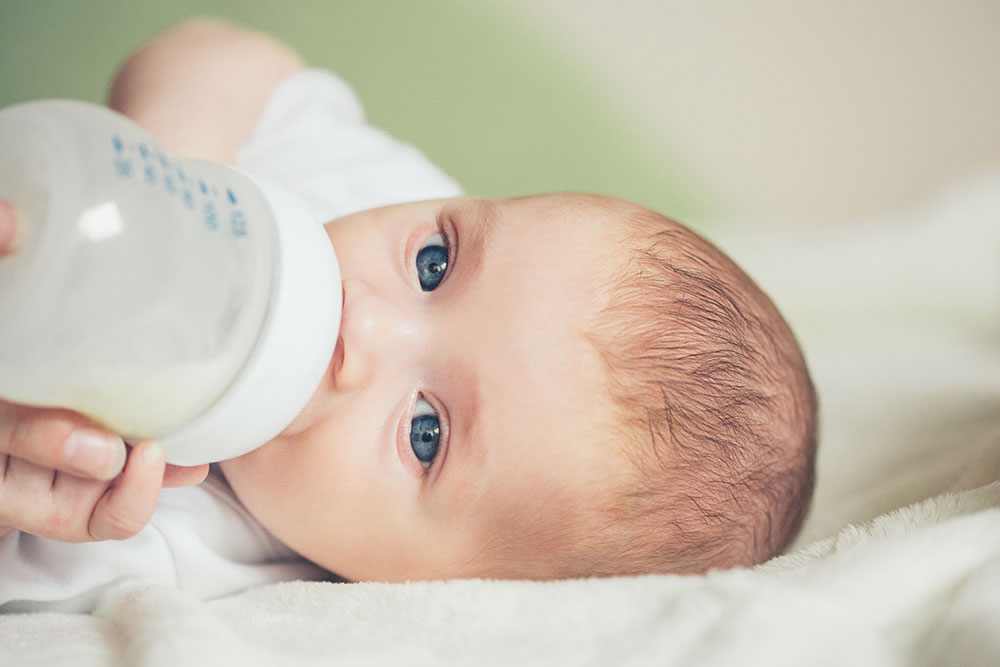Your toddler’s baby teeth, though temporary, are still prone to tooth decay. Early childhood caries, commonly known as baby bottle caries, often affect young children’s upper front teeth.
Most people don’t realize that healthy baby teeth contribute to healthy permanent teeth. Therefore, you must address any signs of tooth decay as early as possible and help your child develop good oral hygiene from an early age. Strong baby teeth are also necessary for your child to chew and speak properly.
Why do baby bottle caries happen?
There is no single cause of tooth decay, though one of the most common causes is prolonged exposure to sugar, which is prevalent in many drinks. However, sugar is not the only culprit. Tooth decay is primarily caused by bacteria, which can be passed from you to your child. For example, if you put their pacifier or spoon in your mouth. Using a bottle as a pacifier to appease your infant can also result in the appearance of caries.
How do I prevent baby bottle caries?
It is always a good idea to bring your young child to your dental office for a consultation and quick check-up when their first teeth are coming out. You may also want to ensure they receive the right amount of fluoride as a preventative measure against tooth decay.
There are also a few things that you can do at home, like brush the newly arrived teeth with an appropriate toothbrush and a very tiny amount of fluoride toothpaste. You can increase the amount of fluoride for children aged 4 to 6, though it should not exceed the size of a small pea-sized amount.
As mentioned above, to prevent sharing your saliva with your child, you must refrain from licking their spoons or putting their pacifier in your mouth. We also recommend that you only pour milk, breast milk or formula into their bottle, and avoid using the bottle to give them sugary drinks or juice or dipping their pacifier in sugar or another sweet substance. You can also gently wipe your child’s gums with clean gauze or cloth after they are done eating. While it may be challenging for some children, they should finish their bottles before their naps or bedtime.
What can I do to treat baby bottle caries?
The enamel of your child’s baby teeth can be repaired with fluoride, which means that if you and your dentist take the appropriate steps and come up with the right treatment plan, in some cases, reverse the effects of tooth decay. This treatment could be as simple as your dentist recommending that you use specific fluoride toothpaste or a treatment at the clinic that can help remineralize your child’s enamel.
If the tooth decay is advanced and quite severe, stainless steel crowns may be recommended for the affected tooth or teeth. Lastly, your dentist will recommend changes to your child’s diet, which is an effective way to fight against tooth decay.

